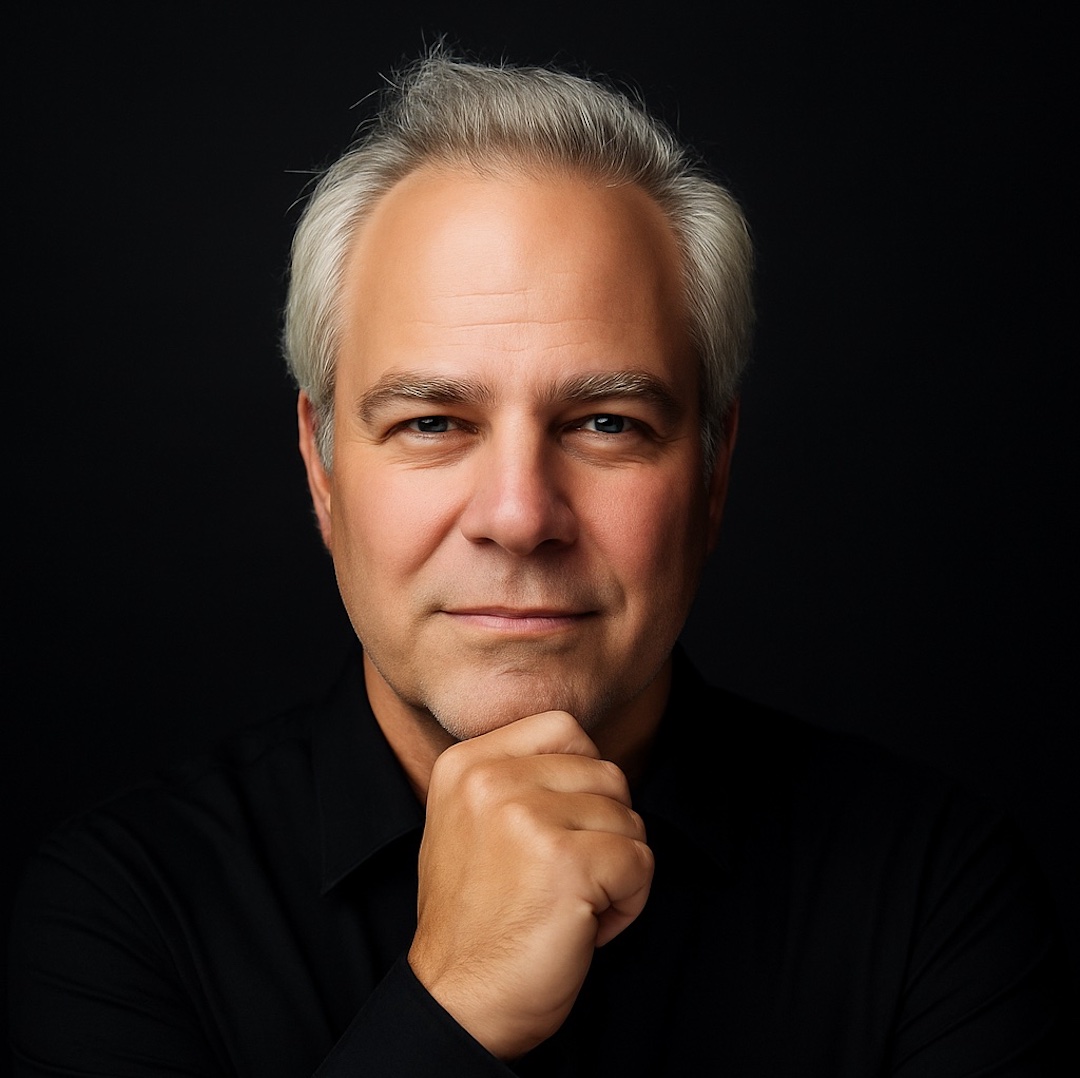Know the right person and you get to skip the line. Know the right person and your project gets picked. Know the right person and YOU get picked.
I have thought about this dynamic for many decades and this is at the very heart of my research on networking and social interactions. Except there's a giant difference between simply knowing someone and really knowing them.
Meeting someone at a tradeshow doesn't mean that you know them. Being connected on LinkedIn or following them on any of the social platforms isn't the same thing as having a real relationship with them. And having their business card doesn't mean that you can call them for a favor. There's an etiquette to follow and understanding this matters. People are not things to collect and networking for the sake of "knowing the right person" is greedy and selfish and it can be seen and felt a hundred miles away. We've all got expert intuition when it comes to feeling used. And nobody likes that.
So let's take this back a bit and start from the beginning.
HOW DO YOU GET TO KNOW PEOPLE?
Really getting to know someone is both a function of time spent and shared experiences. The difference that separates a contact from a friend is the number of energetic bonds that you share. I define energetic bonds as the unseen histories and emotions that you have in common. The goal of networking is to build up energetic bonds and to have more shared experiences — to create things and memories together. The ultimate goal is to turn contacts into friendships; to offer help and to receive help.
Here's how I rank and classify the progress of any relationship.
- LEVEL ONE: DATA — Data is simply someone's name and contact information devoid of context. Data can be someone's social profile or their name in a mailing list or database. Data is ubiquitous and impersonal. There are no energetic bonds. Data does not know you.
- LEVEL TWO: CONTACT — A contact is someone that you've met before but the energetic bond is weak to non-existent. Perhaps you were introduced by a mutual acquaintance or perhaps you met at a show or through a cold call. Maybe you exchanged cards but no relationship or project developed from your initial meeting. A contact probably does not remember who you are.
- LEVEL THREE: SHARING — You've done a project or two together. You've connected. You've created and accomplished something together — no matter how big or small. You have history together. There is meaning and context. The name has a face with shared memories. This person knows you at more than just a cursory level.
- LEVEL FOUR: YOUR NETWORK — These are the people that you have an affinity for, they are on your team! You have multiple overlapping energetic bonds. You've helped them and they've helped you. These are the people that you call on when you need something and these are the people who send opportunities your way. There is a real relationship here.
Not everyone that you meet will move from DATA to YOUR NETWORK and that is fine. Along the way, what's the worst that can happen? That you make new friends and start new projects and create new memories?







